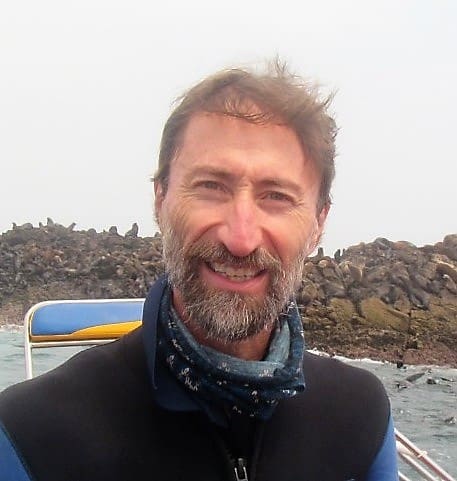 Family hikes and visits to game reserves instilled in me a keen interest in the natural world at an early age. This led to a BSc and BSc hons in Zoology at the University of the Witwatersrand. This was followed by the first of three year-long expeditions to Marion Island. While on Marion Island I worked for the Mammal Research Institute of the University of Pretoria, as part of the Marine Mammal Programme. Trips to Marion Island were followed by several summer seasons as a field biologist on Bouvet Island, a Norwegian possession in the Southern Ocean. I subsequently worked as a fisheries biologist in Namibia before returning to Pretoria to complete my MSc on the behavioural ecology of elephant seals.
Family hikes and visits to game reserves instilled in me a keen interest in the natural world at an early age. This led to a BSc and BSc hons in Zoology at the University of the Witwatersrand. This was followed by the first of three year-long expeditions to Marion Island. While on Marion Island I worked for the Mammal Research Institute of the University of Pretoria, as part of the Marine Mammal Programme. Trips to Marion Island were followed by several summer seasons as a field biologist on Bouvet Island, a Norwegian possession in the Southern Ocean. I subsequently worked as a fisheries biologist in Namibia before returning to Pretoria to complete my MSc on the behavioural ecology of elephant seals.
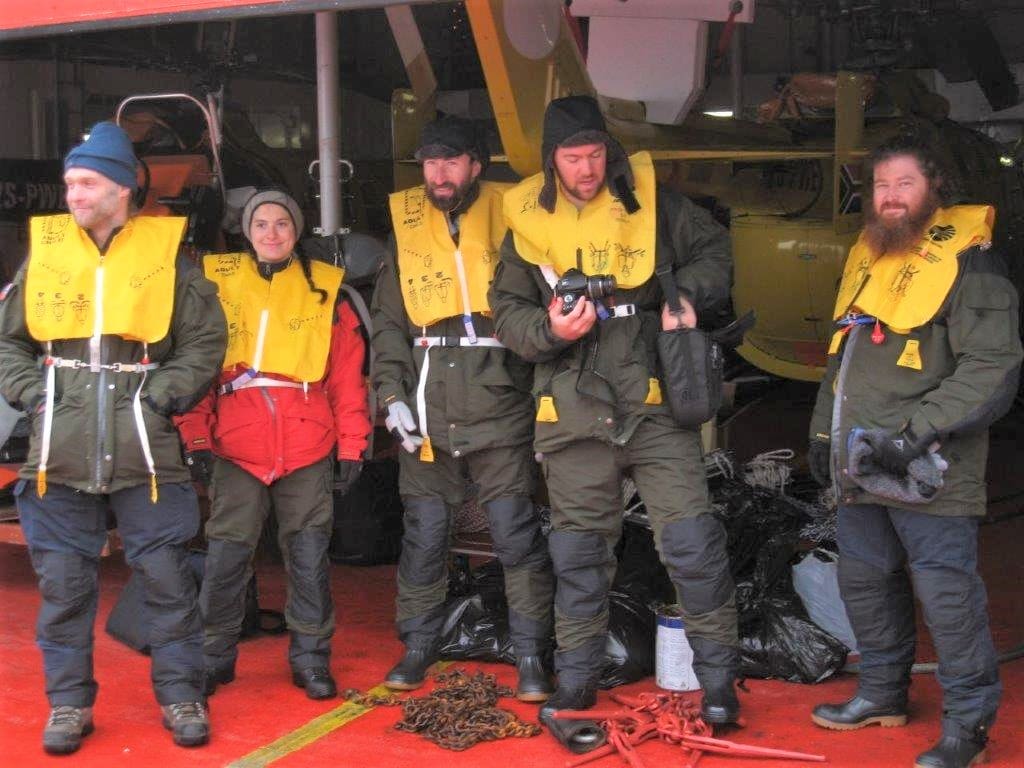
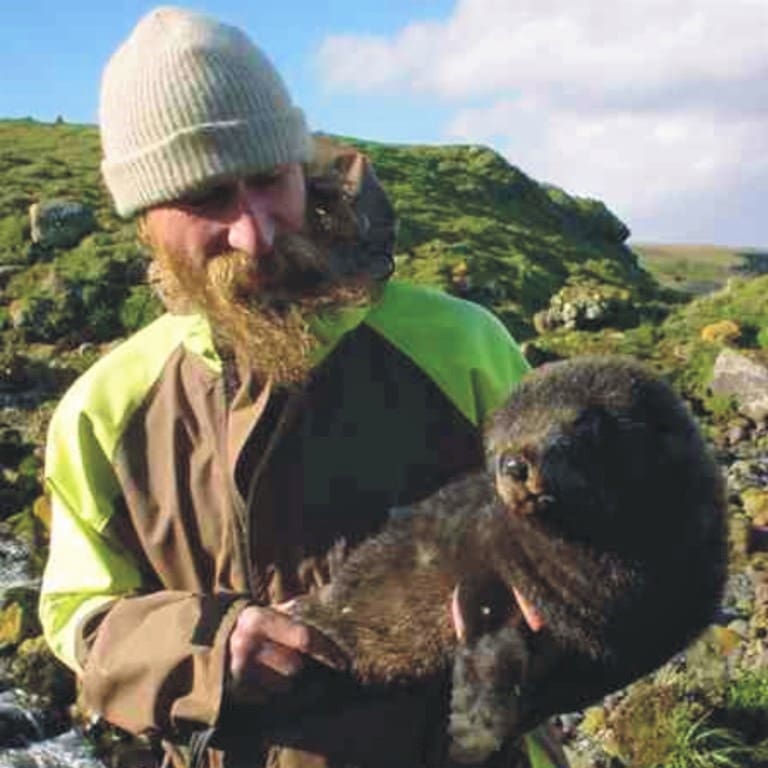
 Above (l-r) : Greg(middle) to leave for Bouvet; Greg on Marion Island; Greg on Bouvet Island
Above (l-r) : Greg(middle) to leave for Bouvet; Greg on Marion Island; Greg on Bouvet Island
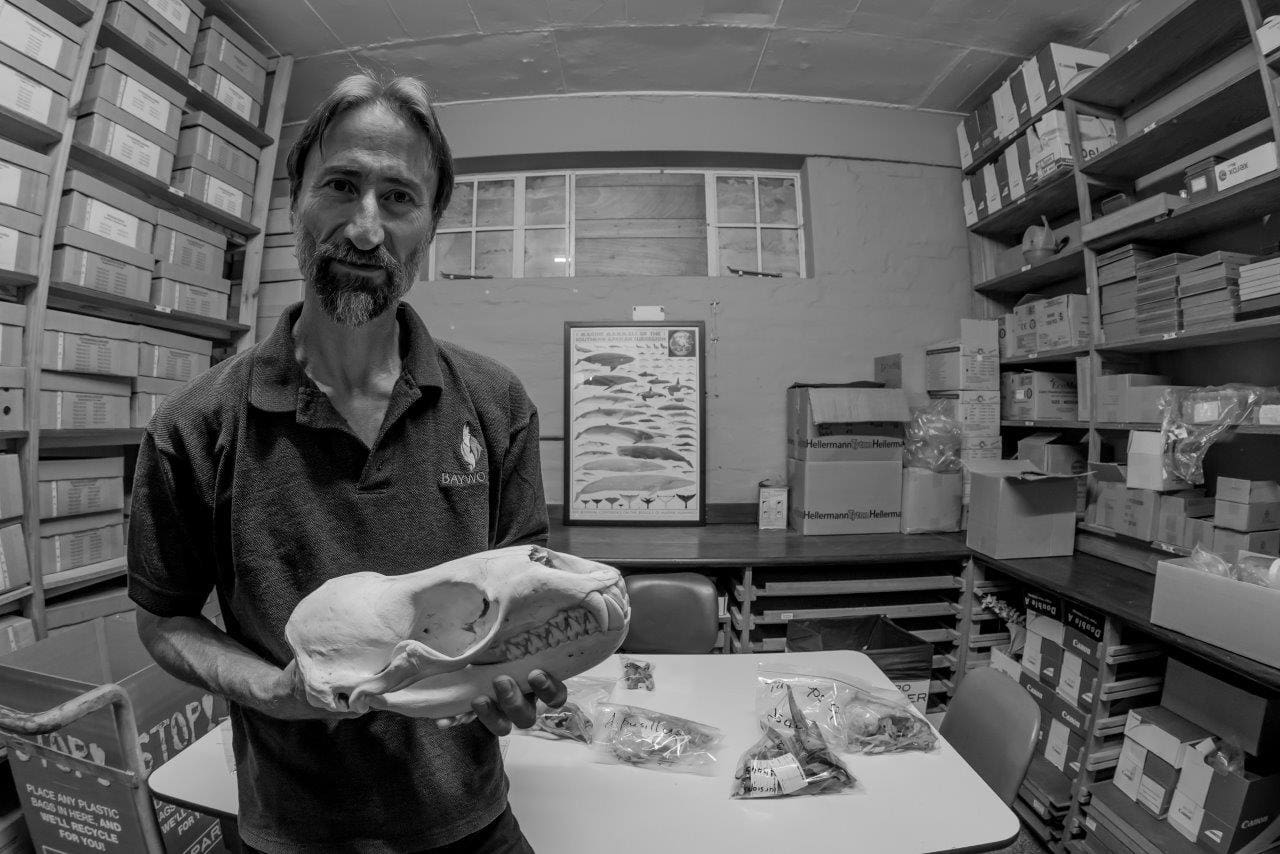 I took up my current employment in 2006 as marine mammal biologist at the Port Elizabeth Museum at Bayworld. While at the PEM, I completed a PhD, also on elephant seals. I am currently curator of the marine mammal collection at the PEM, and am thus responsible for the Southern Hemisphere’s largest marine mammal collection. This comprises over 6 000 specimens of more than 50 species. It continues to grow by some 30-40 specimens per year and is used by researchers from all over the world.
I took up my current employment in 2006 as marine mammal biologist at the Port Elizabeth Museum at Bayworld. While at the PEM, I completed a PhD, also on elephant seals. I am currently curator of the marine mammal collection at the PEM, and am thus responsible for the Southern Hemisphere’s largest marine mammal collection. This comprises over 6 000 specimens of more than 50 species. It continues to grow by some 30-40 specimens per year and is used by researchers from all over the world.
Why you love your career in science?
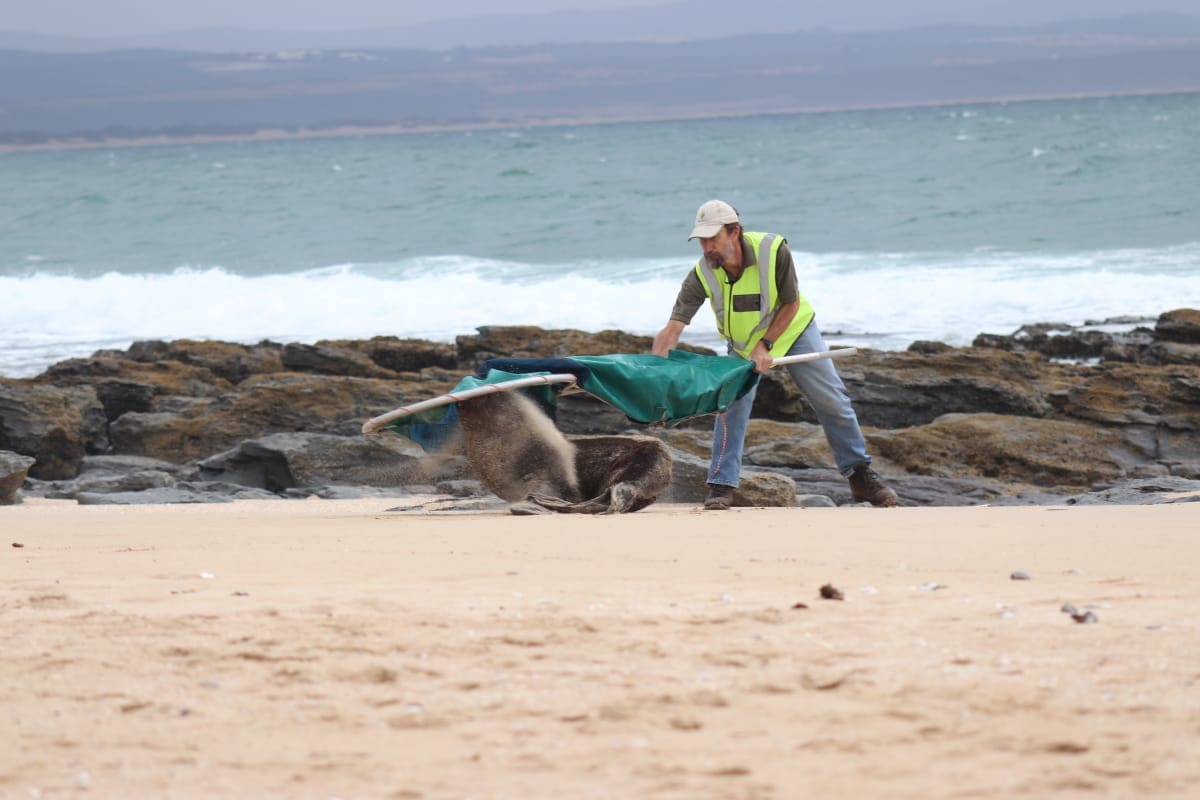
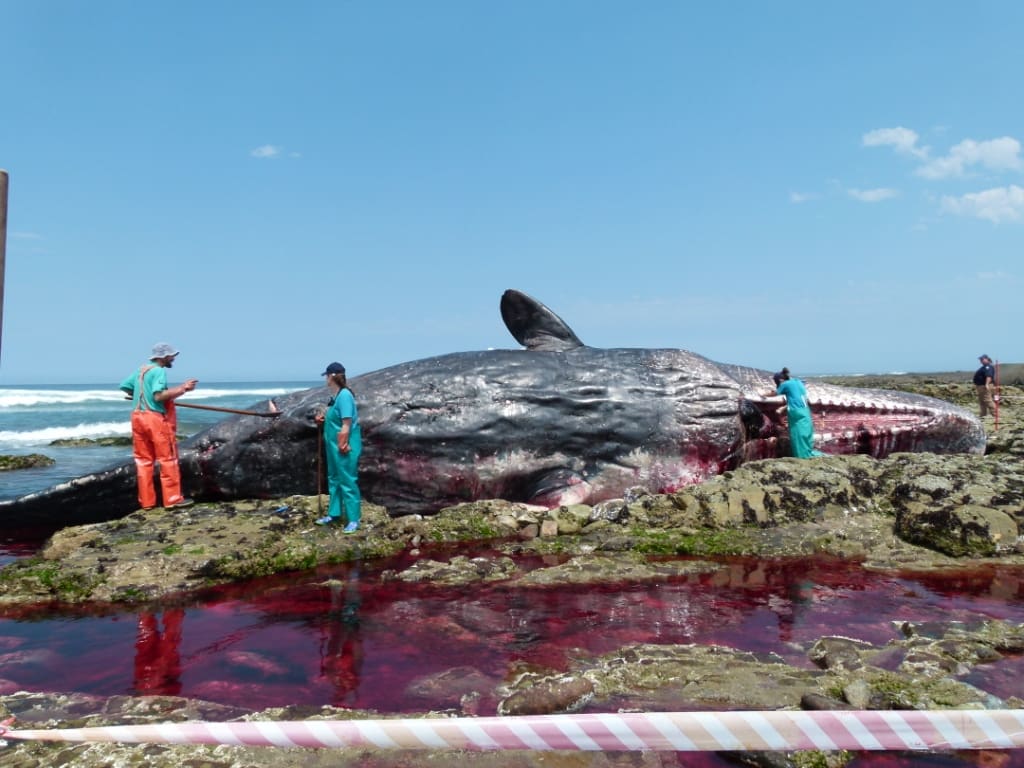
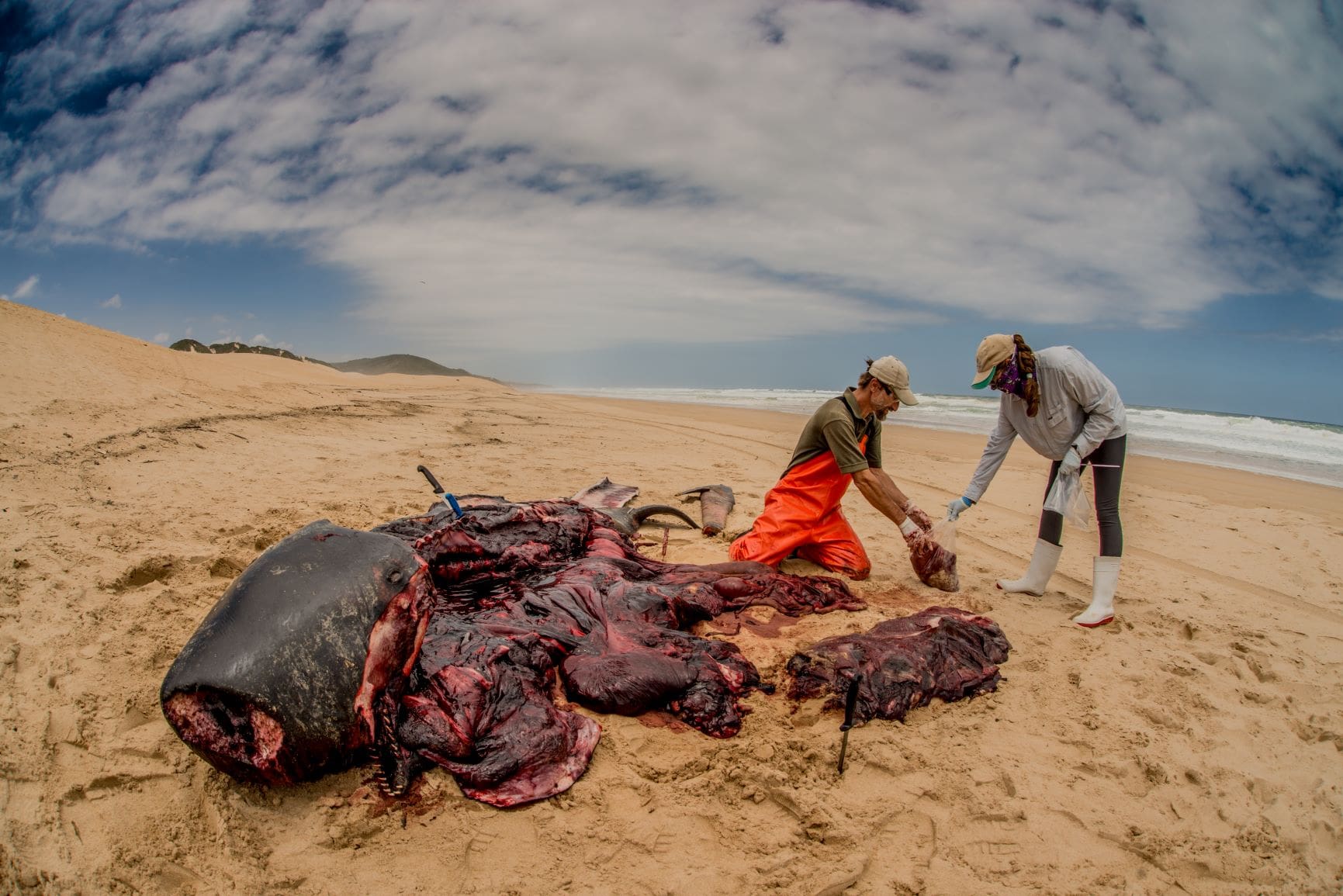 When I was very young I was keen to become a game ranger. While in high school this had morphed into being a zoologist. And this is the career that I was lucky enough to follow. It has given me wonderful opportunities and allowed me to do some fascinating things. I had always wanted to work in wild places and so arriving on Marion Island for the first time was like arriving in paradise. Before the end of my first year, I new that I had to return. I loved every moment on this rough place. Not only was it beautiful and challenging, but it also allowed one the opportunity to observe animals fairly closely and wonder about their way of life and behaviour. How did these very distant relatives of our survive in an environment so hostile to us? Thus it was also intellectually stimulating. And I have loved to return to wild places and ask questions about the natural work ever since.
When I was very young I was keen to become a game ranger. While in high school this had morphed into being a zoologist. And this is the career that I was lucky enough to follow. It has given me wonderful opportunities and allowed me to do some fascinating things. I had always wanted to work in wild places and so arriving on Marion Island for the first time was like arriving in paradise. Before the end of my first year, I new that I had to return. I loved every moment on this rough place. Not only was it beautiful and challenging, but it also allowed one the opportunity to observe animals fairly closely and wonder about their way of life and behaviour. How did these very distant relatives of our survive in an environment so hostile to us? Thus it was also intellectually stimulating. And I have loved to return to wild places and ask questions about the natural work ever since.
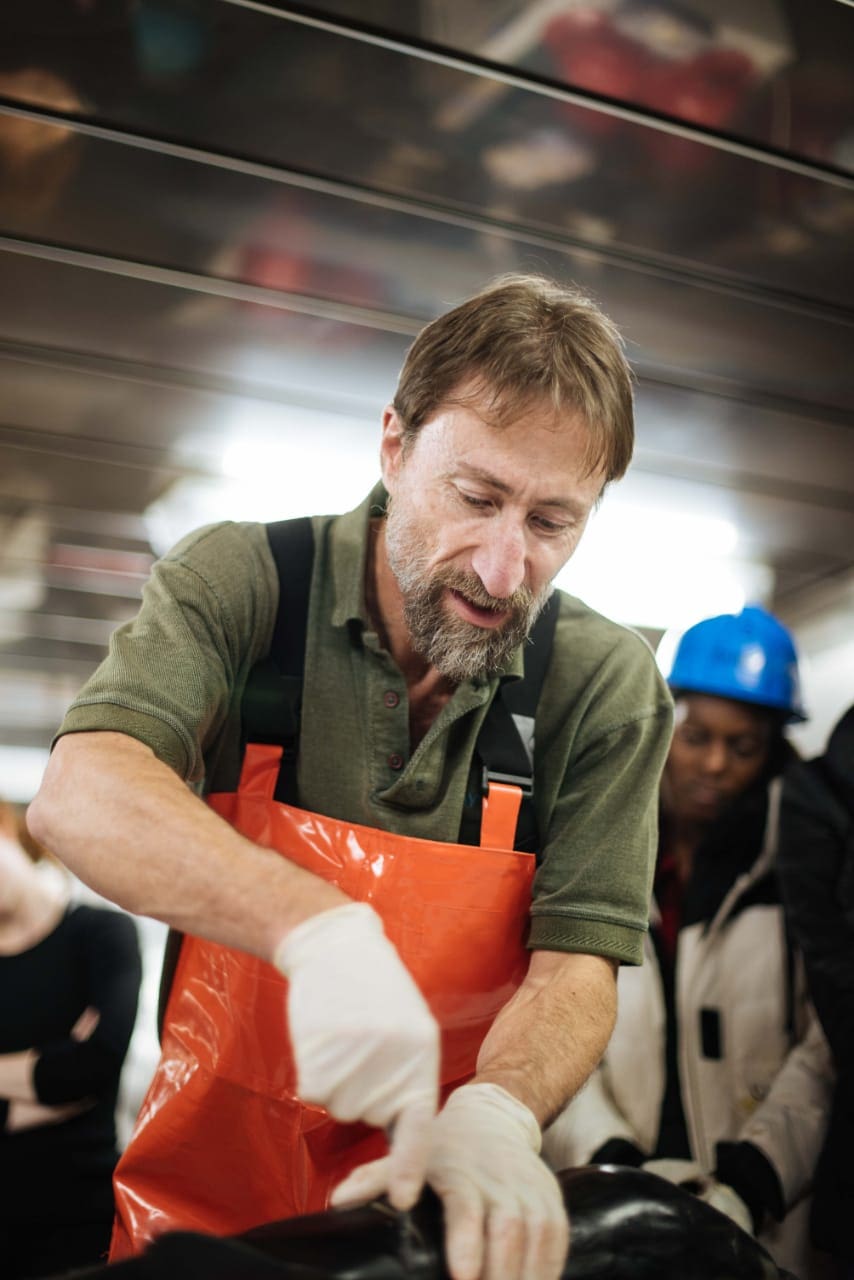
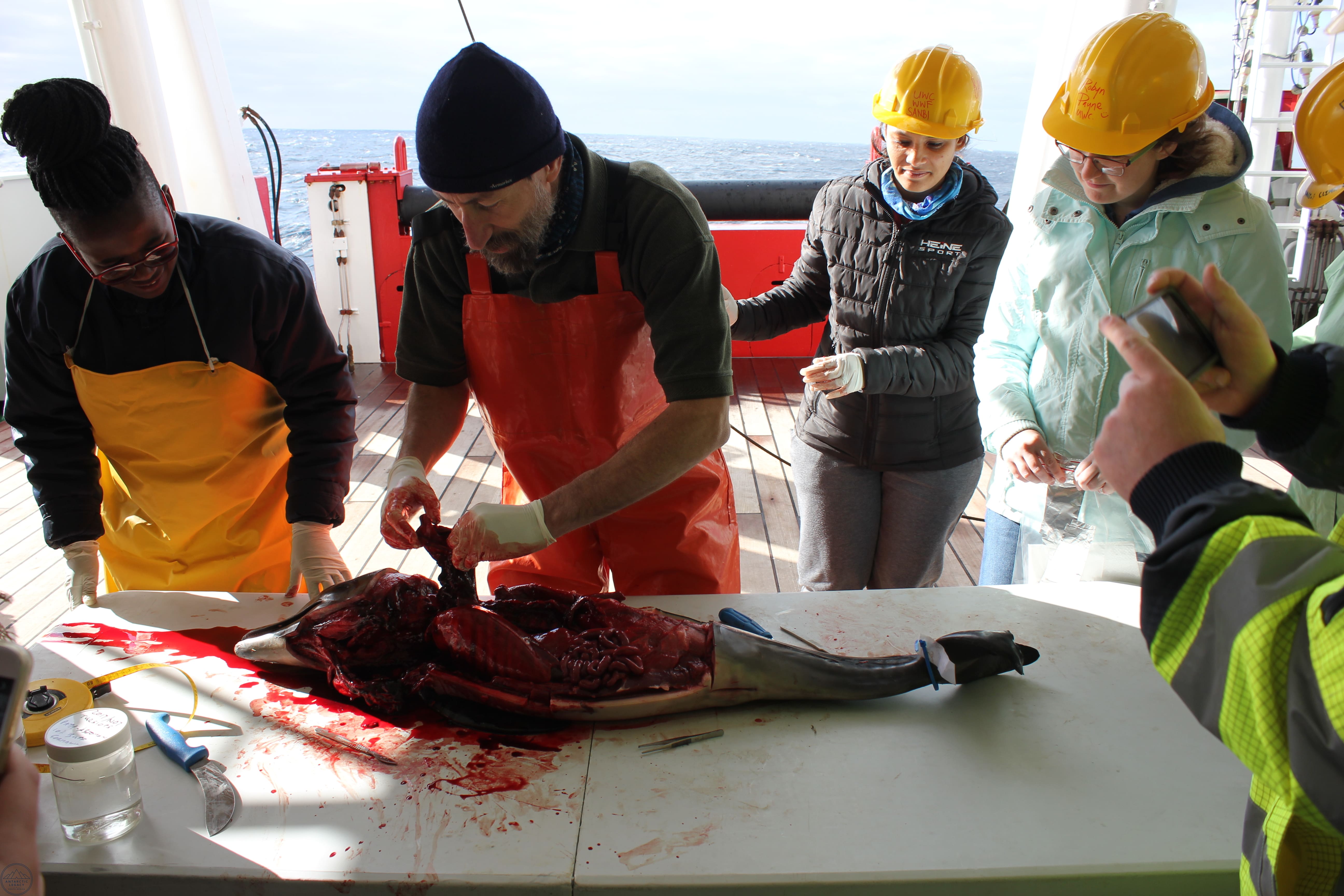 If you want to become a scientist, do what you love. It is a tough career that requires
If you want to become a scientist, do what you love. It is a tough career that requires
many long hours and much dedication. You will only succeed in this if you are fascinated by what you are doing. Also, if you are reasonably good and enthusiastic about what you are doing, a number of opportunities should come your way. Seize each one. Then, doing science gives you a real opportunity to make a difference. While science is an unparalleled means of understanding the world, it also offers opportunities to make the world a better place, for all life in it, including humans.
Text and images supplied by Greg Hofmeyr.





